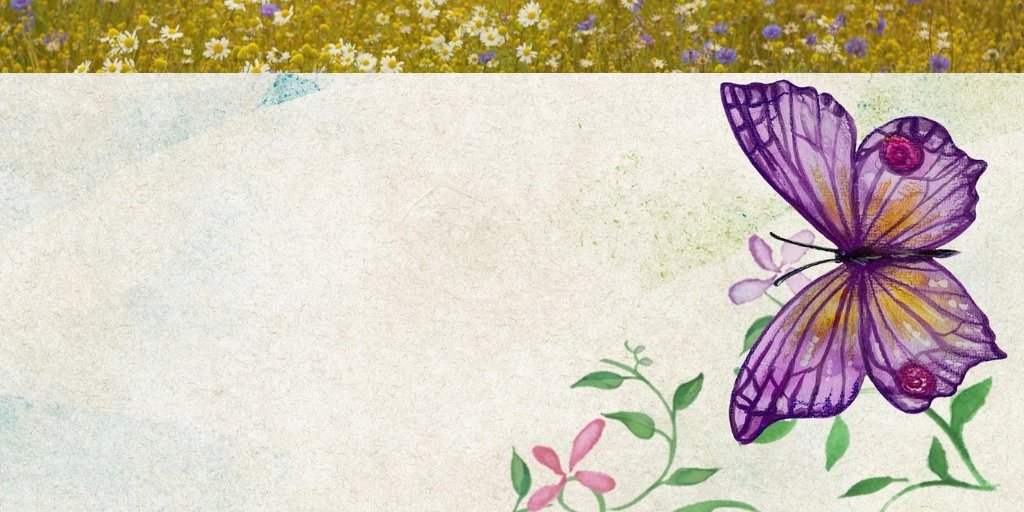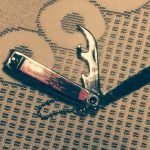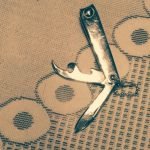We are surrounded by tools. From the ordinary nail cutter to the kitchen knife, to our smartwatches, mobile phones, Wi-Fi routers, and computers. Tools of all different kinds are all around us as evidence of human ingenuity and entrepreneurship. Somewhere, someone saw a need and decided to create a solution for it. In that creating of solutions, what emerged was human creativity. So many of the things we have today are not the mere meeting of a need but a straightforward evidence of craftsmanship, of advanced human intelligence. The devotion to science and art deserves much of the credit to this end.
With no such noble thoughts, I picked up my rather ordinary nail cutter. It has a penknife and a bottle opener attachment too. Just taking a moment to observe, I saw two little notches – one on the top, where the bottle opener is, and the other on the bottom by the side of the penknife.
A lesson from the ordinary notches
You would easily be able to see how the notches are perfectly placed. These are just big enough and strategically placed for one to put the fingernail in either one of these. This lets you easily pull out the desired tool. Of course, these didn’t appear by chance. The designer of the nail cutter decided to provide these tools, and then, make it easy for the user to open them up. This is where one gets to appreciate a human’s forethought and his attention to detail. It makes life so much easier for the end-user, does it not?
This is admittedly a very simple tool and the example is rather ordinary. This is not, however, something we wish to take for granted. We are surrounded by examples of this kind. When we look at shaving blades or wristwatches, for example, we find examples of craftsmanship. Had the designer/inventor decided to be careless or simply lazy about these matters, just think of what the consequences would be! Now, we obviously have machines to make all these things on a large scale. Once the attention has been given to the original design and the blueprints are finalized, production starts and we have all the benefits from the forethought. In addition, handmade tools are very few and the care it takes to make these while maintaining a high level of dedication truly does deserve a special recognition. Japanese items and Swiss handmade watches easily come to mind.

Tool making, civilization, and the continuity of life
One might recall how the making of tools and the development of a civilization goes hand-in-hand. This, of course, makes sense. Just imagine how a few people come together and start to develop an area for habitation. In time, they will require to come together and share their skills. This, they will do more readily if they find mutual benefits for. Having found the benefits in this society, the later developments come from individual creativity and the sharing of it. Thus, finally, we see the need for tools and the development of them to enhance the life of the individual and the comforts for the society as a whole. Every single civilization has progressed by this very thinking. And is it amazing to see, how far we have finally come!
The complaint is raised – and one might say, rightly so – that human beings have been selfish and disregarded the effects on the natural environment. For the development of civilization and our comforts, human beings have not considered adequately and sometimes being negligent of other creatures. We made tools, and but then we also exceeded in the greed and violence those tools are capable of. Yes, this is a legitimate complaint. Nevertheless, it is not the fault of the tools, but of human intentions and wrong ambitions then. No one can complain against human intelligence for having the ability for tool-making, and how that is itself an asset for the continuation of life.
“People who design machines and airplanes {or buildings}, no matter how much they believe that what they do is good, the winds of time eventually turn them into tools of industrial civilization. They’re cursed dreams. Animation, too. Beautiful yet cursed dreams.”
— Hayao Miyazaki
The making of tools and its relation to the continuation of life does raise interesting questions. Other than an extreme perversion of the human mind, it is difficult to think of a reason why human beings should wish to build tools that threaten life and the collective existence. The extreme devotion to the physical and how tools, especially machines, should become causes for a kind of reverence is also a danger. From such devotion does emerge greatness of achievement, but also an unrestrained effort. When these efforts might enslave the creator, making him a slave to his doings can even be imperceptible.
“But lo! men have become the tools of their tools.”
— Henry David Thoreau
Why contemplate the end of the world at all!
There is a kind of devotion, as just observed, in developing the tools which in turn develop a civilization that the very idea of ending it and destroying it would be foreign to such a mind. Now, to think of the end of the world… that would be a thought so foreign and extreme, it should not have even occurred in the first place! This death-oriented fascination with doom is utterly peculiar and is no doubt the evidence of a mind utterly dissatisfied, frustrated, and keen on piling one’s own suffering on to a world that knows nothing of the sort. “The end of the world”! Why! The very thought is preposterous when one considers how saturated with beauty and grandeur this earth is. When one looks further out into the universe and sees no discernible evidence of life, our appreciation should only increase. Thanks to the tools such as telescopes and satellites that we have come to know the uniqueness of our own existence, even if we are yet to develop an appreciation for it.
The occupation with tools and developing a way of living through civilization, although one must say, keeping in mind what is sustainable, is a far better occupation for the mind than to consider the world’s end. Isn’t it so? The choice to think as one wishes to is very much personally ours. In fact, if there are reasons and conditions that cause a person to stagnate into a darkness, the kind that perpetuates a fascination with doom, then one should seek to remedy those reasons and conditions; not give in to thinking that would produce the means or tools to end the world. Life is beautiful, a miracle, and everyone who appreciates it would wisely seek its continuation.
At the base of all such thinking, as I have also experienced in my own mind, is a fundamental giving up on humanity.
1Due to personal experiences of extreme hardships, especially, one is inclined to conclude in an absolute way that human beings are a source of disappointment and not a cause for hope. In this, there is also the conditioning that arises from beliefs one has held or is introduced to. Of course, all of this matters less when one has found an occupation for the mind and body, and one has less time to think over the problems of the world. Rather, the attention is devoted to our existence and the world we live in, not some abstract, generalized fantasies over destroying what none of us has created alone, or can even do so as a mere human.
Even paying attention to very small things, or rather, especially the small things, one might start building one’s mind and preparing one’s heart for constructive and not destructive intentions.
Footnotes
- Please take the time to read this timely article, featured on Brain Pickings: E.B. White’s Beautiful Letter to a Man Who Had Lost Faith in Humanity An excerpt from the same is, as follows:
“As long as there is one upright man, as long as there is one compassionate woman, the contagion may spread and the scene is not desolate. Hope is the thing that is left to us, in a bad time. I shall get up Sunday morning and wind the clock, as a contribution to order and steadfastness.”



